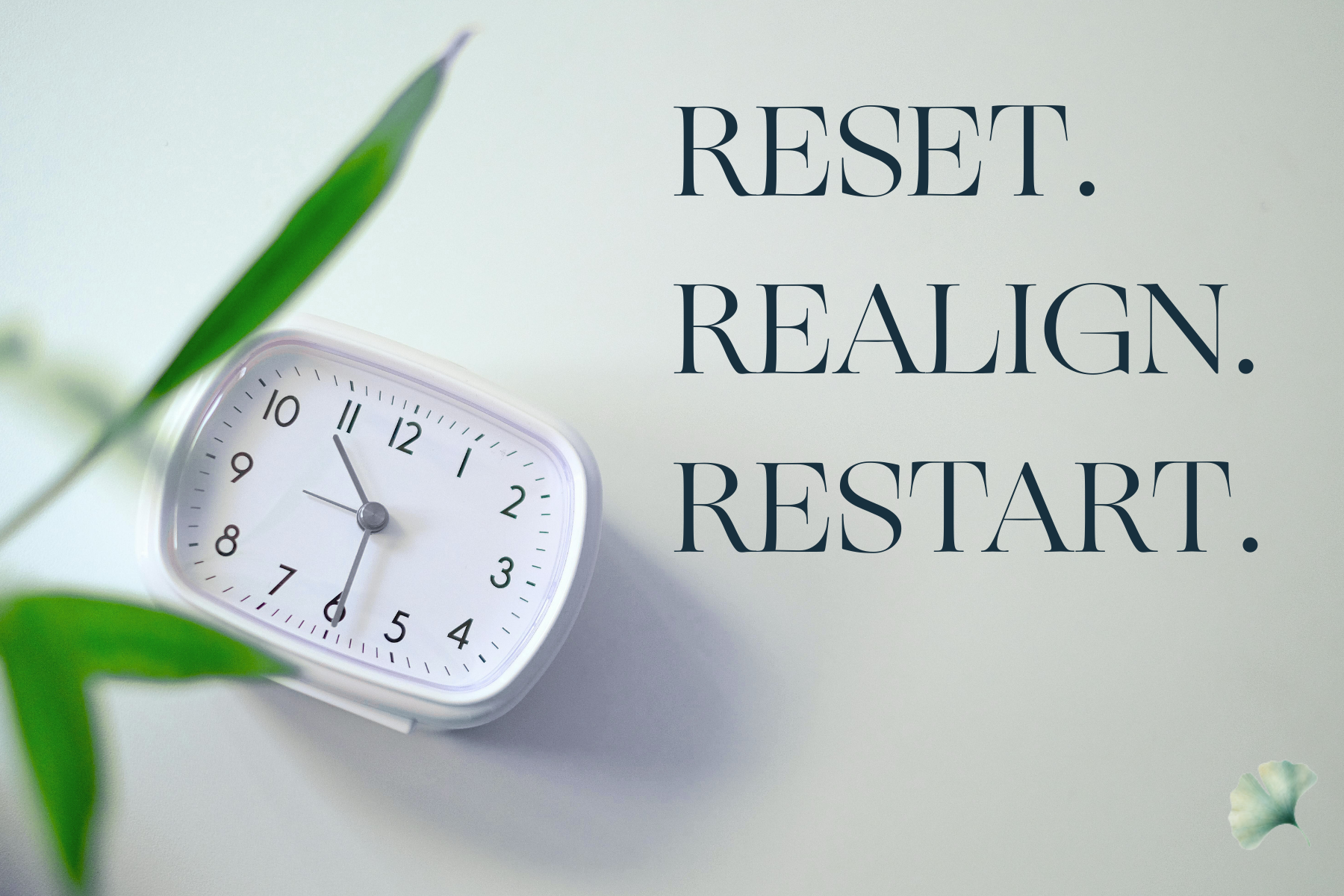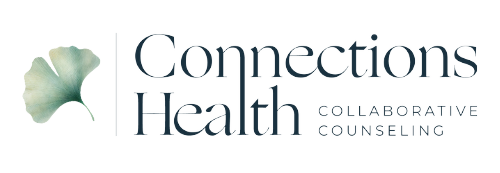Therapy is all about change. It’s about learning new skills, finding new perspectives and developing insight. Solving a problem you’ve been working on can be an ah-ha! moment. It all makes sense, you get it, it becomes crystal clear.
Sometimes, you solve a problem slowly — little by little. Therapy can help you notice your own life in new ways, considering and appreciating your own progress. With fresh eyes and a more flexible, expansive worldview. This process isn’t just about insight, it’s chemical: by learning new things about yourself and evolving your perspective, you’re creating new brain pathways for experiencing yourself and the world around you.
Change can sometimes involve learning a new skill. The skill can be about a shift in perspective or approach to a persistent problem. For example, with anxiety change can occur when we ironically stop fighting the anxious feelings but instead approach them with curiosity. What physical sensations do I experience when I am anxious? They can feel dangerous, but are they? What happens if I try to get to know them? Do they become less frightening? Ahhhh…look at that, yes, they become a little less threatening. As I get more comfortable with them, I am less anxious about the feelings themselves.
It’s often a revelation that anxiety can get heightened by anxiety about the anxiety. We call this having a secondary emotion about the first emotion, which in turn amplifies the emotional intensity of all of it.
The skill involved in this approach strengthens the part of ourselves that can exercise an internal sense of agency through deliberately thinking and approaching a feeling or experience in a new way. As we practice these new abilities we create change. In the case of anxiety, it gradually loses its power to overwhelm us when we are curious instead of afraid. We now have at least one tool in our skill set to transform it into a different felt experience.
Related Articles
Attending college is a time of self-discovery, growth, and new experiences. But for many, the transition comes with emotional and psychological challenges - ones that can quietly build beneath the surface. One of the most common and misunderstood among them is depression. In a 2021–2022 survey of over 130 U.S. college campuses, 44% of students [...]
“To love ourselves and support each other in the process of becoming real is perhaps the greatest single act of daring greatly.” — Brené Brown, Daring Greatly We live in a world that values momentum, output, and progress. But healing and personal growth don’t always follow a straight path or a set timeline. If you’re [...]
Self-compassion is an element of the foundation of emotional well-being. It allows you to move through life with greater resilience, confidence, and kindness toward others and yourself. Yet, developing self-compassion isn’t something that happens automatically; it’s a practice intentionally cultivated over time. At Connections Health, we guide clients in building self-compassion as an ongoing, meaningful part [...]






